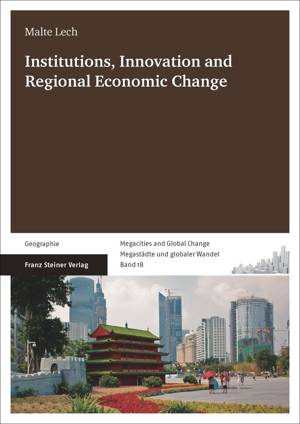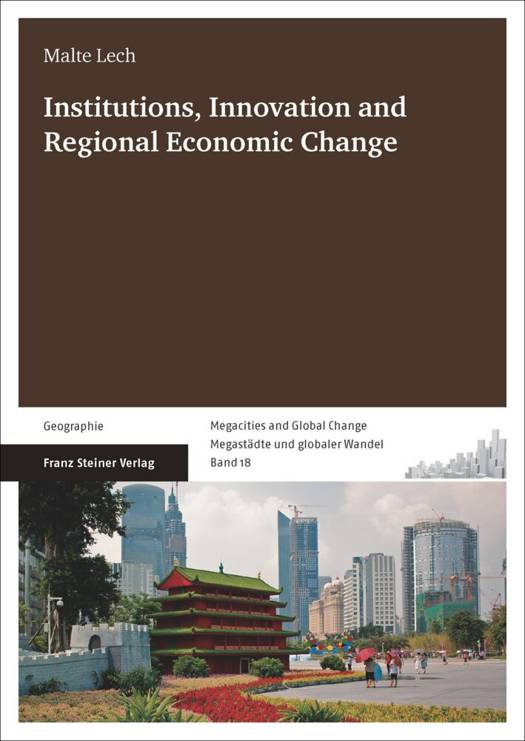
- Afhalen na 1 uur in een winkel met voorraad
- Gratis thuislevering in België vanaf € 30
- Ruim aanbod met 7 miljoen producten
- Afhalen na 1 uur in een winkel met voorraad
- Gratis thuislevering in België vanaf € 30
- Ruim aanbod met 7 miljoen producten
Zoeken
Omschrijving
The regional economic development model of the Chinese Pearl River Delta is under increasing pressure to adapt. Local firms and their business models are faced with growing competition from other Chinese regions and Asian economies. Along with a slowdown in economic growth, firms and policy-makers are called for a reorganization of business models as well as for an overall adjustment of the regional economic growth model and economic upgrading. Based on a case study of the electronics industry and supported by a mixed-methods approach, this book analyzes the role of formal and informal institutions for the process of regional economic adjustment and allows for an in-depth view into the changing economic landscape of the production cluster in the Pearl River Delta. It contributes to the emerging field of empirical studies on institutions and economic development in geography. Following a discussion of the role of institutions and innovation for regional economic change, four empirical chapters elaborate the role of firms' strategic adaptation, the role of financial markets for firm innovation, the use of supply-chains for interactive learning, and the role of the party administration and informality for the process regional economic adjustment.
Specificaties
Betrokkenen
- Auteur(s):
- Uitgeverij:
Inhoud
- Aantal bladzijden:
- 220
- Taal:
- Engels
- Reeks:
- Reeksnummer:
- nr. 18
Eigenschappen
- Productcode (EAN):
- 9783515111201
- Verschijningsdatum:
- 29/05/2015
- Uitvoering:
- Paperback
- Formaat:
- Trade paperback (VS)
- Afmetingen:
- 170 mm x 239 mm
- Gewicht:
- 376 g

Alleen bij Standaard Boekhandel
+ 209 punten op je klantenkaart van Standaard Boekhandel
Beoordelingen
We publiceren alleen reviews die voldoen aan de voorwaarden voor reviews. Bekijk onze voorwaarden voor reviews.







